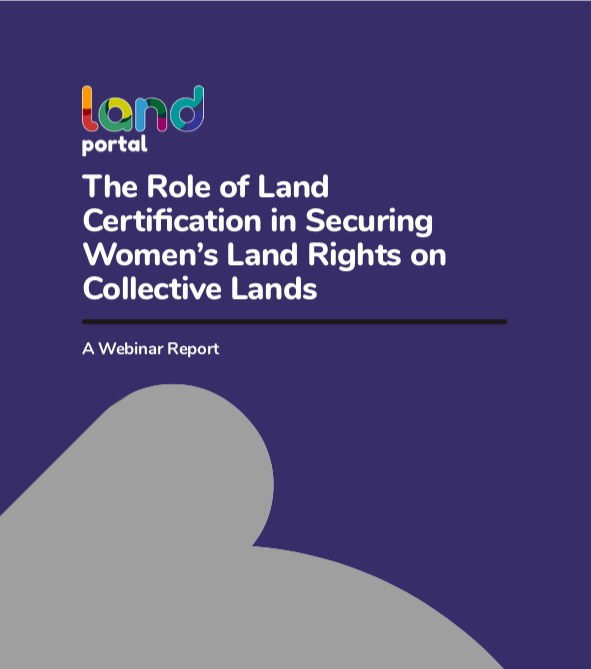Le système d'abonnement: combinaison de lève géodésique et de lève cadastral
Les terres agricoles plates sont dans les pays en voie de développement la principale ressource de l’économie. Il importe que ces terres soient à la fois cartographies et divisées en parcelles convenablement délimitées.
Cependant la plupart des pays intéressés ont grand besoin de cartes exactes; certains en manquent même totalement. Dans ce cas, il serait déraisonnable de réaliser des levés et des cartes classiques pour délimiter les terres.






